Knowing when a mortgage is right for you

To consider the possibility of buying a house seems a distinct privilege at the moment. Prices are through the roof for single-family homes across Canada and are quickly narrowing the possibility of ever being able to afford a home for would-be buyers looking to get their foot in the door.
The problem is it only seems to be getting worse. Buyers panic, thinking now is their last chance and end up significantly overpaying for a home, stretching themselves beyond their budget and fueling further unaffordability for everyone else out there.
My experience of the process would be considered the average one, and it was beyond stressful! You’re competing for a home with 80-100 other people who came to see it, contending with 20-plus offers from people who have lost out one too many times, and getting caught up in nasty bidding wars where you have just minutes to decide whether you’re going to throw in another $25K-$50K or even $100K on top of the excessive bid you’ve already committed to. In my opinion, the way the Canadian real estate industry operates is well overdue for an overhaul, but that’s a story for another day.
The point is, nobody should ever have to make such a life-changing decision under this kind of emotional pressure, and the consequences can be dire for your financial future. Here are couple of things I learned during my experience that can help:
How to determine your budget and how to stick to it under pressure
The first key to making the best long-term decision is to really take some concerted time and effort to determine your budget for buying a home. Don't let the house plan the budget, make the budget plan the house. Be honest with yourself and don’t try to fudge the numbers. A dream home is not a dream home when you’re drowning in debt and can’t make your monthly utility bills.
I use Ratehub’s Mortgage Payment Calculator to run the numbers on potential home prices. You can test out a few different price ranges, interest rates, amortization periods (the length of your mortgage) and see how each impacts your monthly payments. There’s even space to plug in your other monthly expenses so you can get a full picture of what you’ll be paying to own and live in a home. It’s a good idea to use tools like this before you get to the bidding stage so you have a chance to carefully consider your budgetary limits before the emotional pressure mounts.
Set an upper limit and stick to it. Write it down and discuss it with your realtor before you bid. Have a plan for each potential outcome of the bidding process. Together with your realtor, ask yourself the following questions:
What is my strategy if I get a call back? How much am I willing to put in above my initial offer? What is my hard-stop number?
Sticking to your budget may mean you lose out to another buyer, but it will ensure you don’t end up making a financial mistake. There will always be other houses to bid on, but you only get one shot at making the right financial decision when you buy one.
When buying a home at any cost becomes a bad investment
Buying a home can be a good investment, but buying one at any cost, especially in a market like this, is not. The more you pay, the less potential your home has to increase in value over time, and if you break your budget to own it, you may find yourself forced to sell sooner than you planned and at a loss. If that happens to be in a market downturn, you may face losses in the hundreds of thousands of dollars.
Taking the time to strategize a realistic budget and ensuring you have the tools and support to stick to it under pressure is the difference between making a good financial investment and being house-poor.
Remember travel? Remember restaurants? When it’s safe to do so again I think many of us will be choosing to spend a little more on experiential purchases that can re-build our mental well-being. Just remember: the science has shown over and over again that true happiness doesn’t come from material possessions. It’s not worth sacrificing the peace between your ears to own a home.
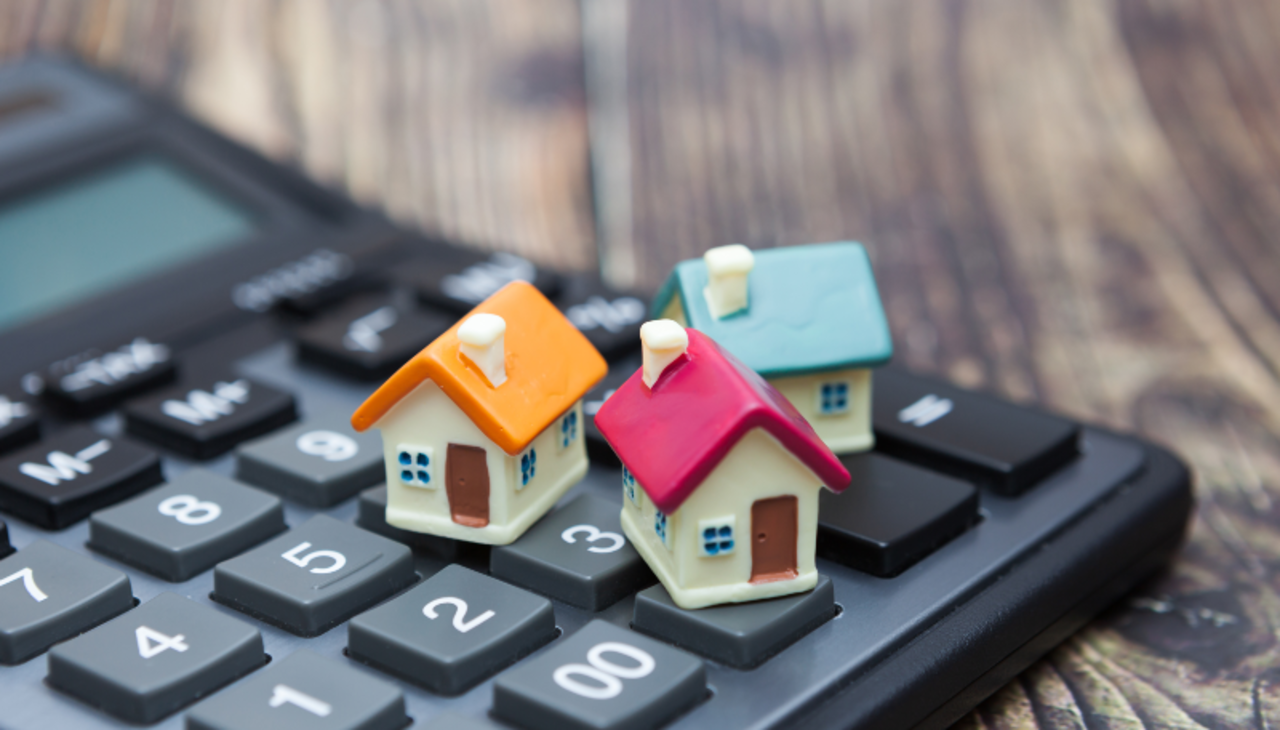
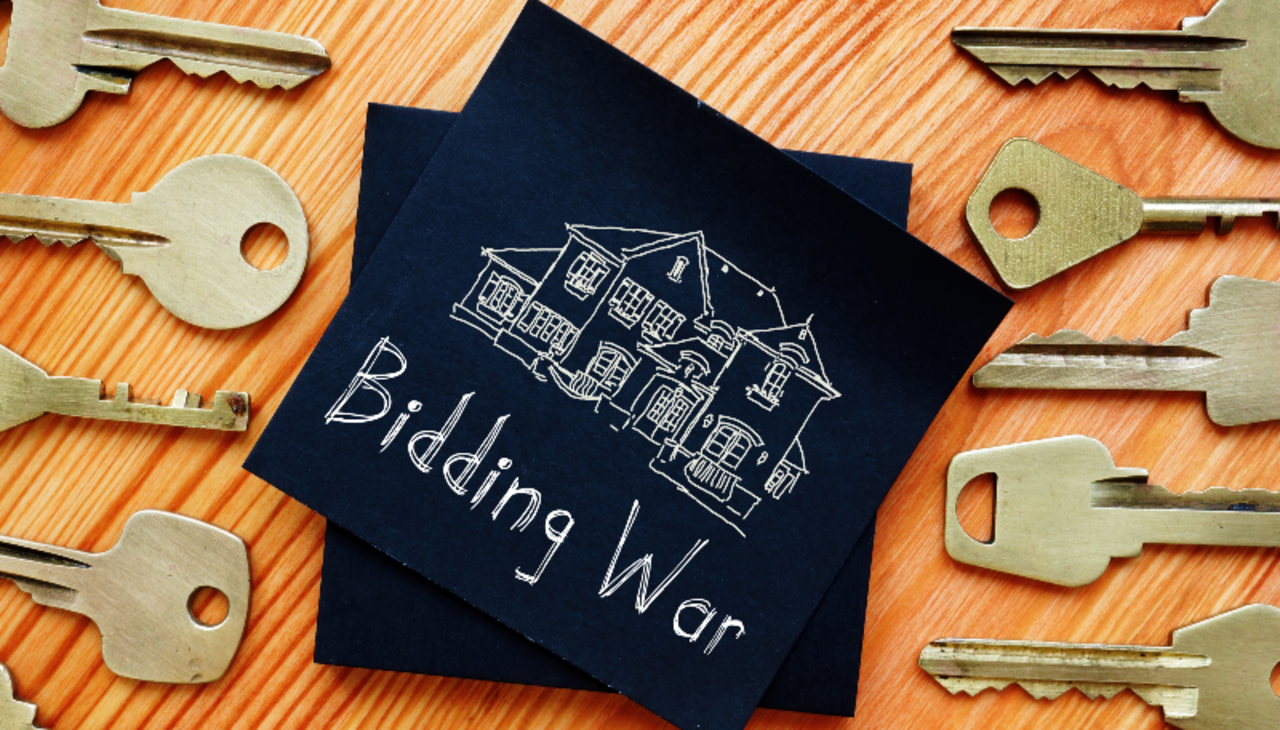
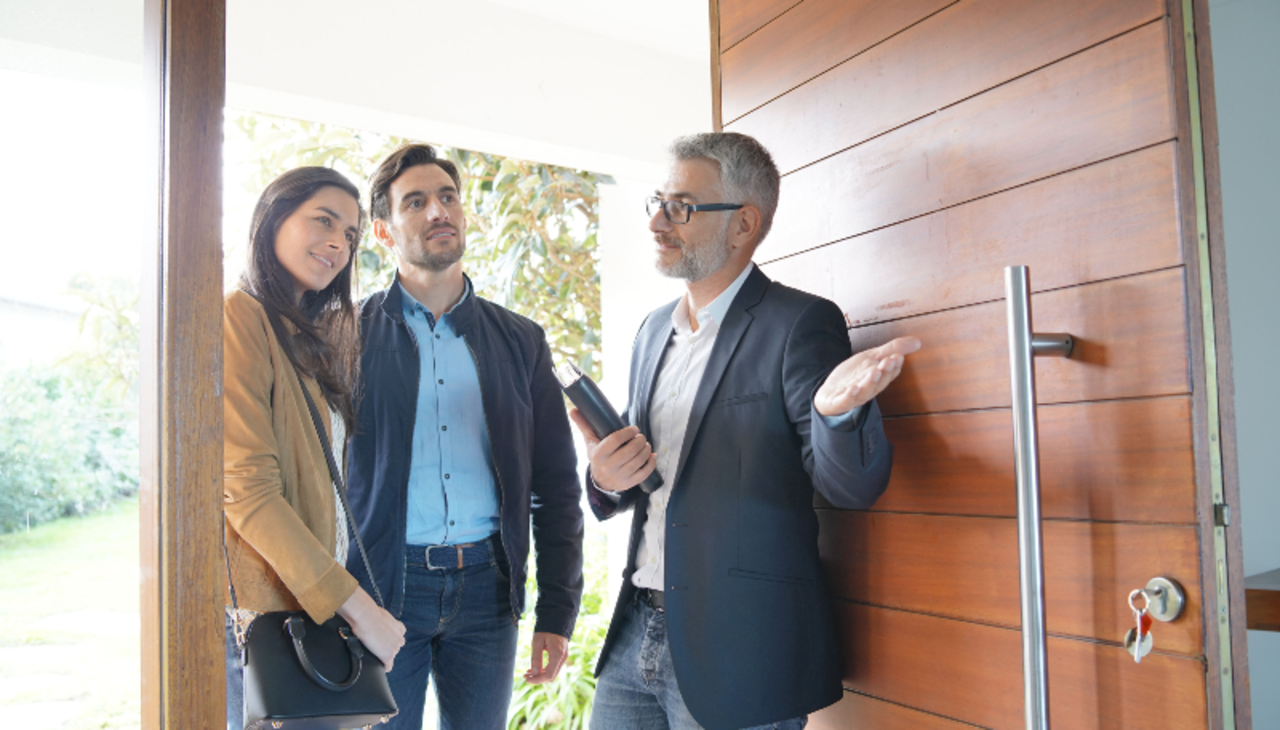
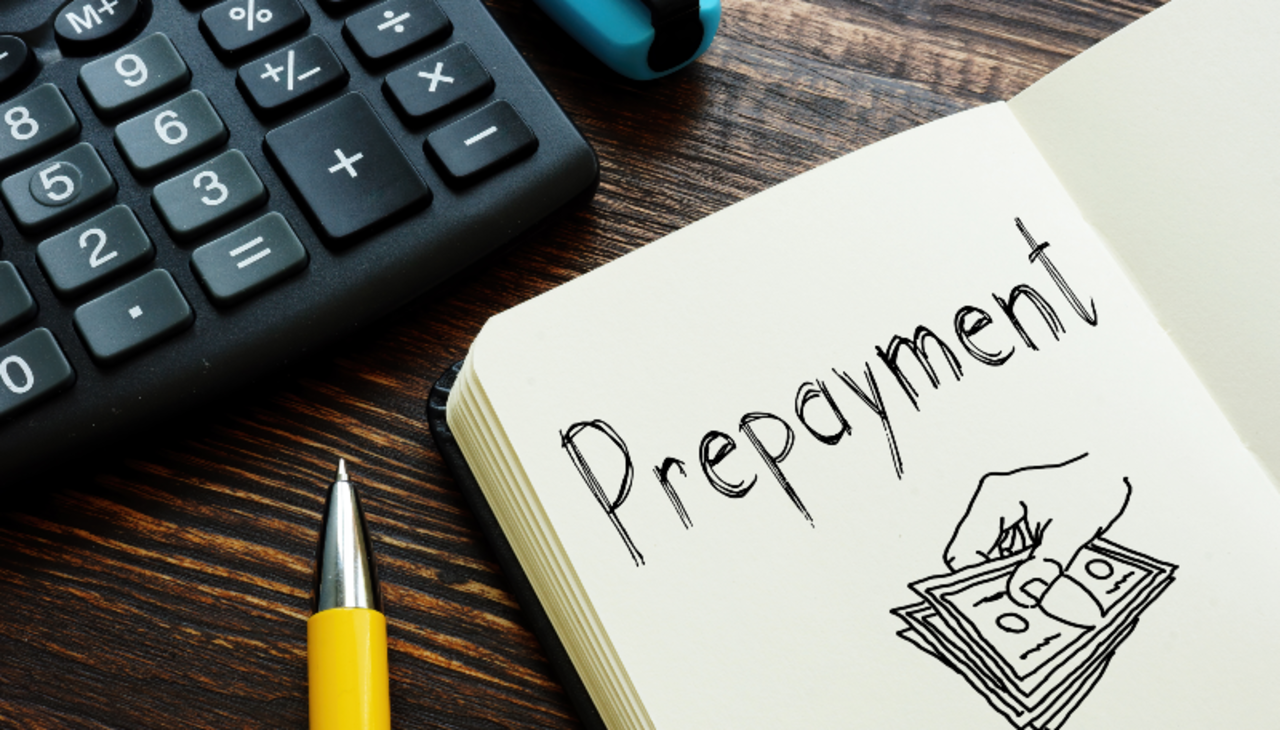

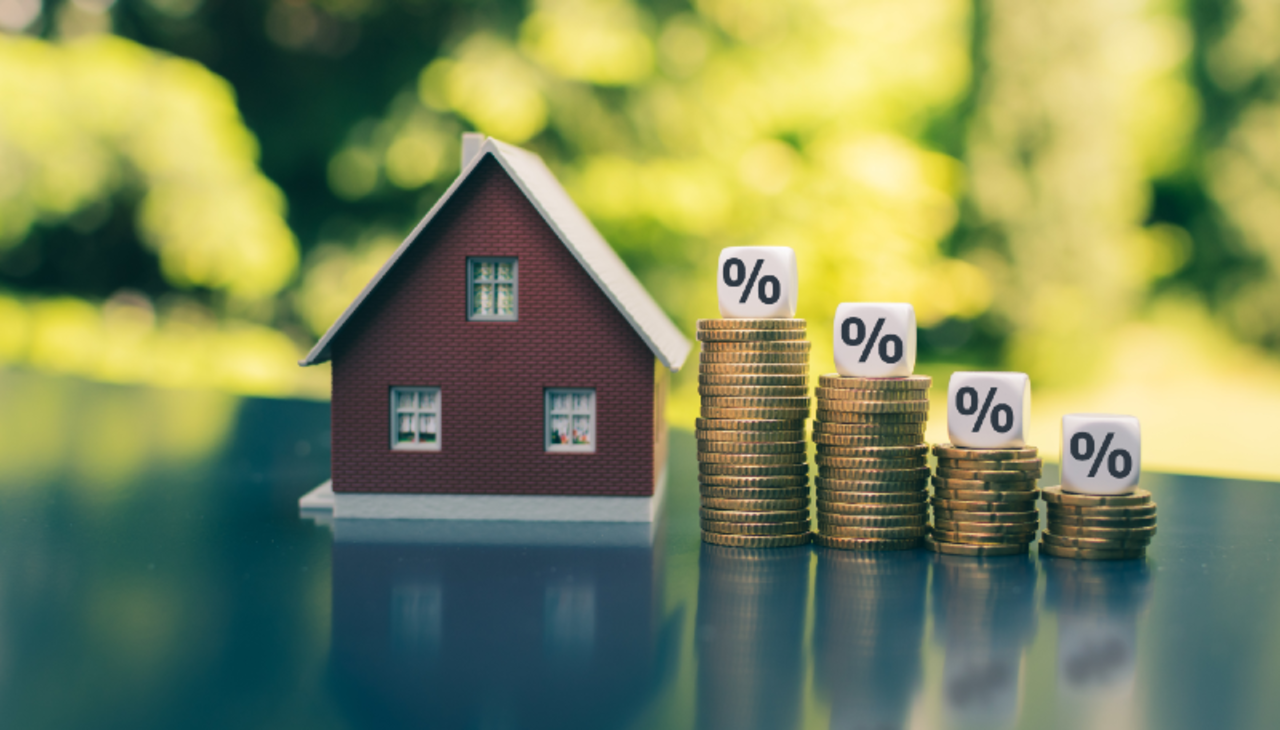


*The New Client 2.10% Interest Rate and $150 Cash Bonus Bundle Offer (the "Offer") is available to new Tangerine Clients who: (a) have a Client Number created between November 24, 2020 and July 31, 2021, (b) become a Tangerine Client using the Promo Code “EARNMORE”, (c) open an Applicable Savings Account within 30 days of the date their Client Number was created, and (d) open a Tangerine Chequing Account within 30 days of the date their Client Number was created (collectively the “Offer Qualifying Conditions”). The 2.10% Promotional Rate will apply to deposits made to an Eligible Client’s Applicable Savings Account(s) for 153 days (5 months) beginning on the date all Offer Qualifying Conditions have been met, to a maximum of $1,000,000 (in the currency of the Applicable Account) per Applicable Savings Account Type (for deposits to registered Applicable Savings Accounts made through a T2033 form, please see the full Offer Terms and Conditions). The Promotional Rate is an annualized rate, calculated daily and paid monthly. To be eligible for the $150 Cash Bonus, in addition to meeting all Offer Qualifying Conditions, an Eligible Client must switch their eligible payroll direct deposit for at least 3 consecutive months and must have the first payroll direct deposit received in their Tangerine Chequing Account within 60 days of Chequing Account opening. Limit of one (1) Cash Bonus per Primary Account Holder. The Offer is only applicable to Accounts where the Eligible Client is the Primary Account Holder. Offer is not transferable and can’t be combined with other promotional savings rate offers or chequing cash bonus offers. Full Offer Terms and Conditions, including definitions of any capitalized terms and a list of eligible payroll direct deposits, are available here. Offer may be changed, extended or cancelled without notice.